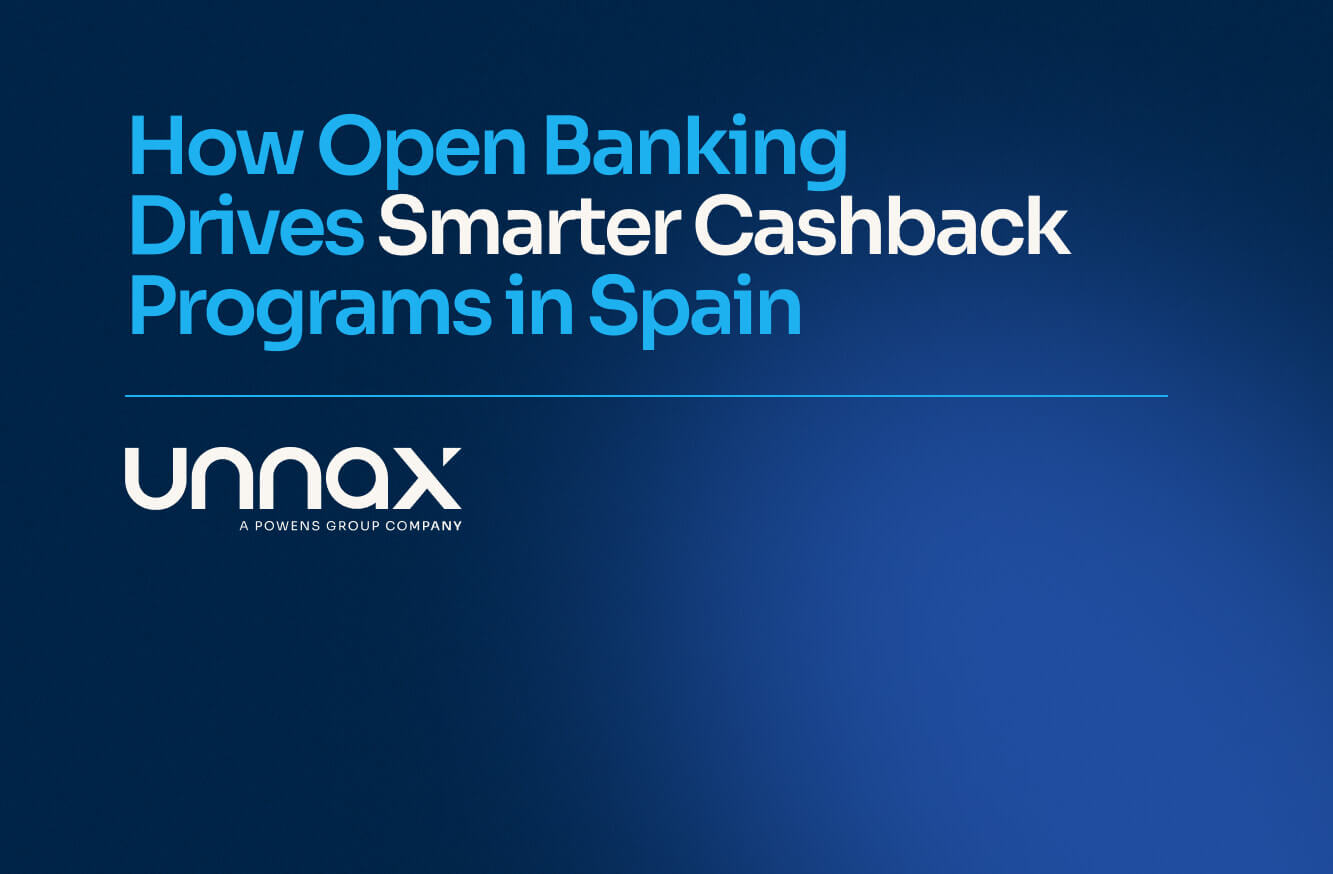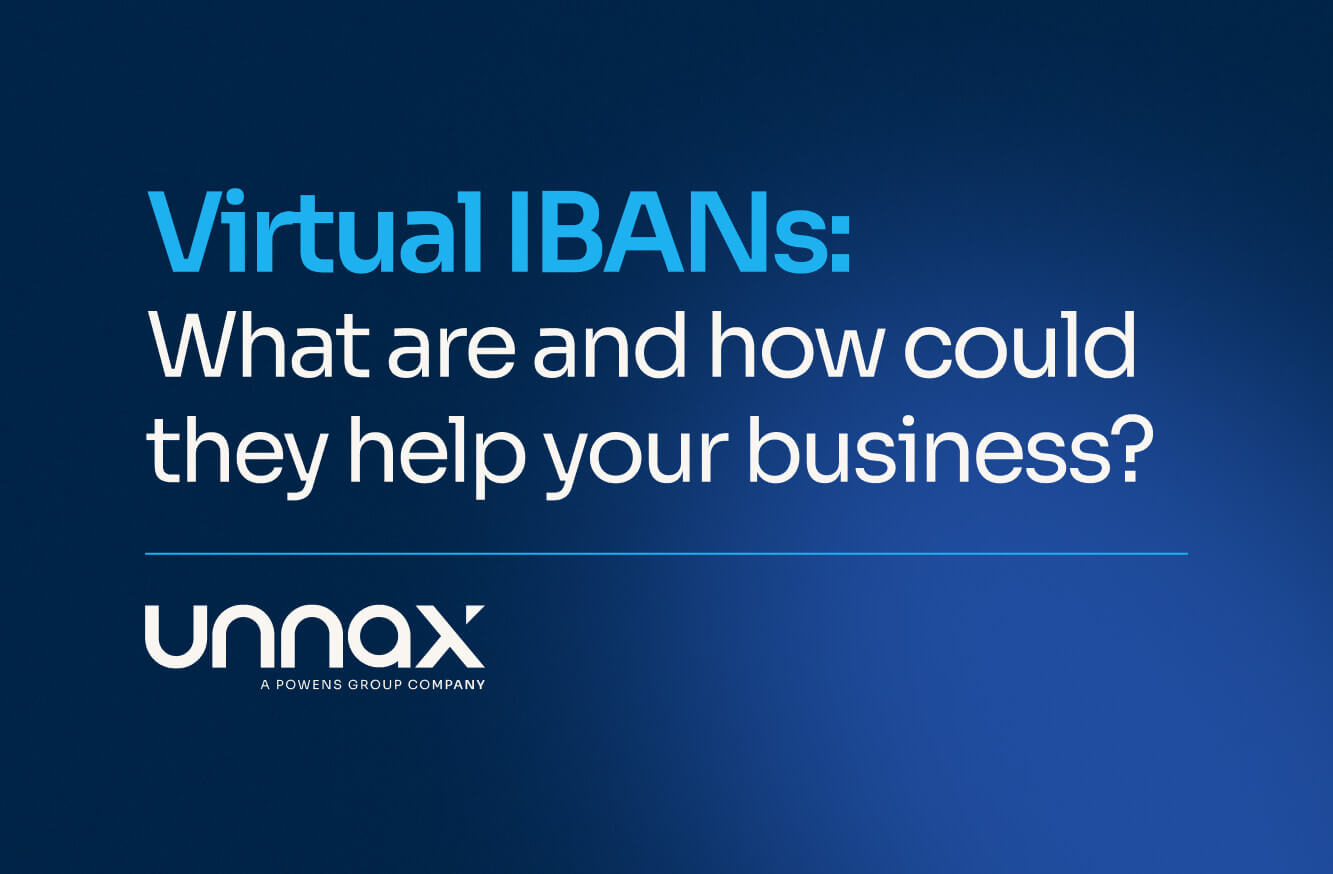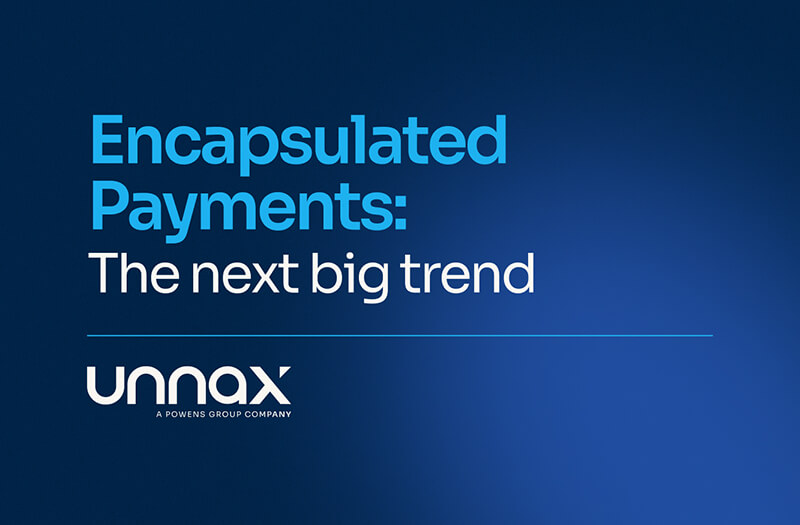Escrow accounts take their name from a kind of legal agreement that can occur when the parties entering into an agreement set the fulfilment of certain arrangements as the conditions for a payment. The most common of these are in the framework of sale transactions, specifically those in which a significant amount of money is involved. The aim is to guarantee that the parties comply with the conditions stipulated before completing the exchange of goods or services.
Let us take, for example, the sale of a flat: it still has to be determined whether or not the current owner has to make a payment that the residential community is claiming. The buyer wants to be sure that, if it is decided that the debt must be paid, they won’t be the one that has to pay it once they have purchased the property. What can they do? They can select a third party in good faith who shall be in charge of holding the money until it is time to pay it to one of the parties. It is an effective way of avoiding fraud while also making it easier to come to arrangements (because everyone involved knows that their interests are safeguarded).
Common in the real-estate sector, but also elsewhere
Escrow accounts are, as we mentioned, a type of trusted account, since they provide guarantees for those who choose to deposit their money there as well as those who expect to receive it. In fact, they are also referred to as a trust account. As seen in the previous example, one of the traditional uses is in the real-estate sector. Escrow accounts are useful for depositing bonds, the amounts in earnest money contracts, etc.
The idea of an escrow is, therefore, to make up for a lack of trust between two parties in an agreement (because the parties do not know each other, due to distance, etc.). This is what had led the concept to branch out from its normal sector, real estate, to others where there could be a lack of trust or fear of fraud. This is sometimes the case with online purchases.
Use an escrow account in your business
Let us look at another example: a private customer wants to buy a car from another individual (or from a company that does not have many references and is a long way from their place of residence). A possibility for both parties to feel assured is to deposit the agreed amount for the purchase in an escrow account. The seller will only receive it once the buyer has the vehicle in their possession (and has checked that the features match those advertised online). In this way, the buyer knows that they are not being tricked by a fake company and real companies (or individuals acting in good faith) know that the fear of fraud will not come into play in the transaction.
There are many advantages to using an escrow account. The main one is that you, as a seller, can ensure payment for your products or services, since the amount for them is ready to be paid and is safe. At the same time, the buyer can rest assured that, if there are any issues, they will not lose their money. Therefore, an escrow account can help you to achieve more transactions for your company.
Having an escrow provider
The difficult part with this type of account is that the owner has to comply with the demanding regulations that govern them. Furthermore, the person safeguarding the money has a set of legal responsibilities. If you want to benefit from using an escrow account without going through the limitations that they have, you can use an API to provide you with this service on your website.
Here at Unnax, we’re experts at providing escrow accounts that will also allow you to segment them to get the most out of them. What’s more, our product allows you to keep complete control over the accounts and what is in them. Lastly, they can be fully integrated with all other Unnax products, meaning you’ll have access to complete customisation options and tailor-made solutions. We’ll help you to boost your company by handling payments and collections through your own escrow account.









